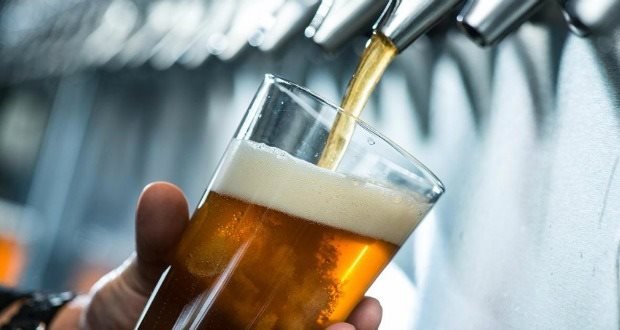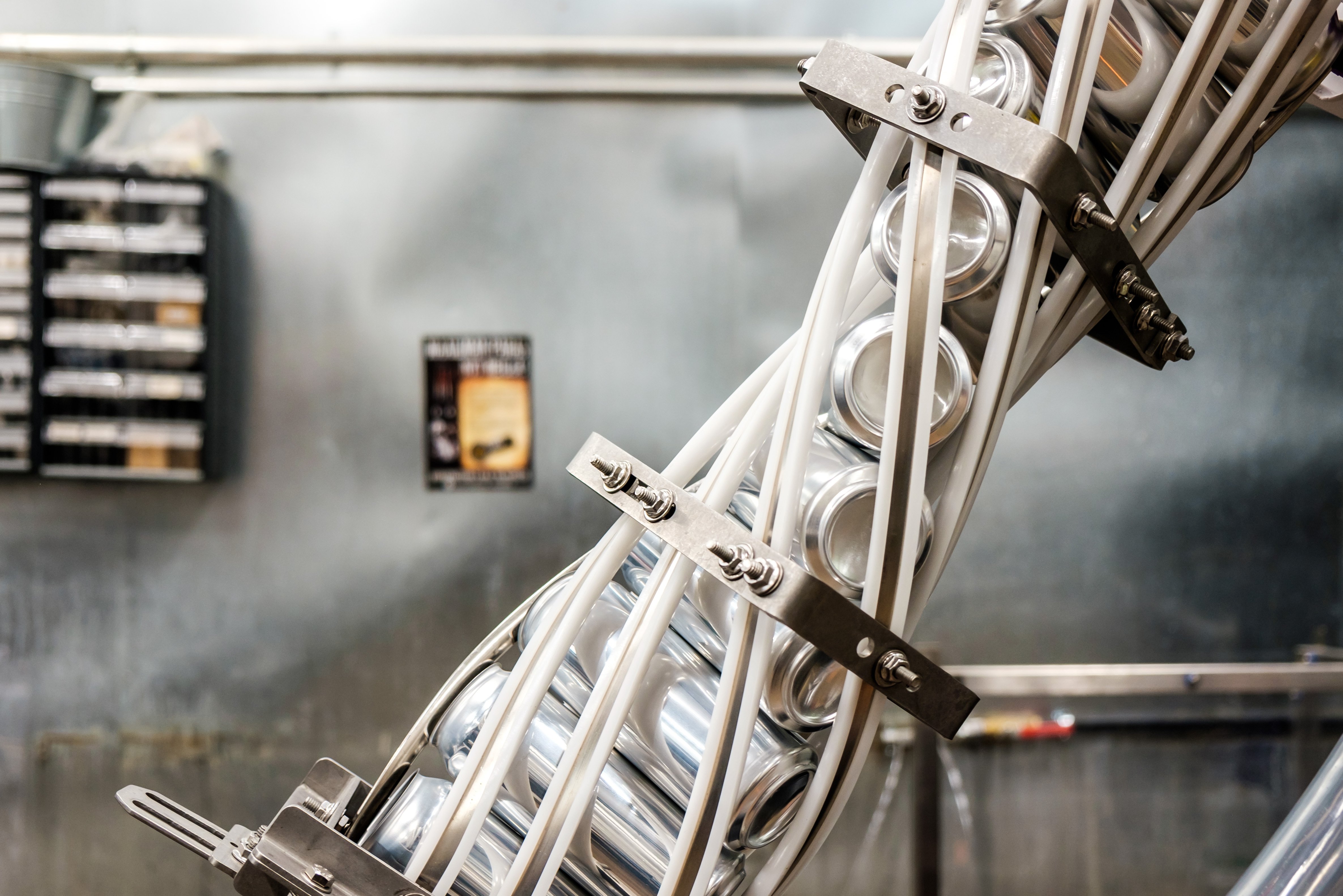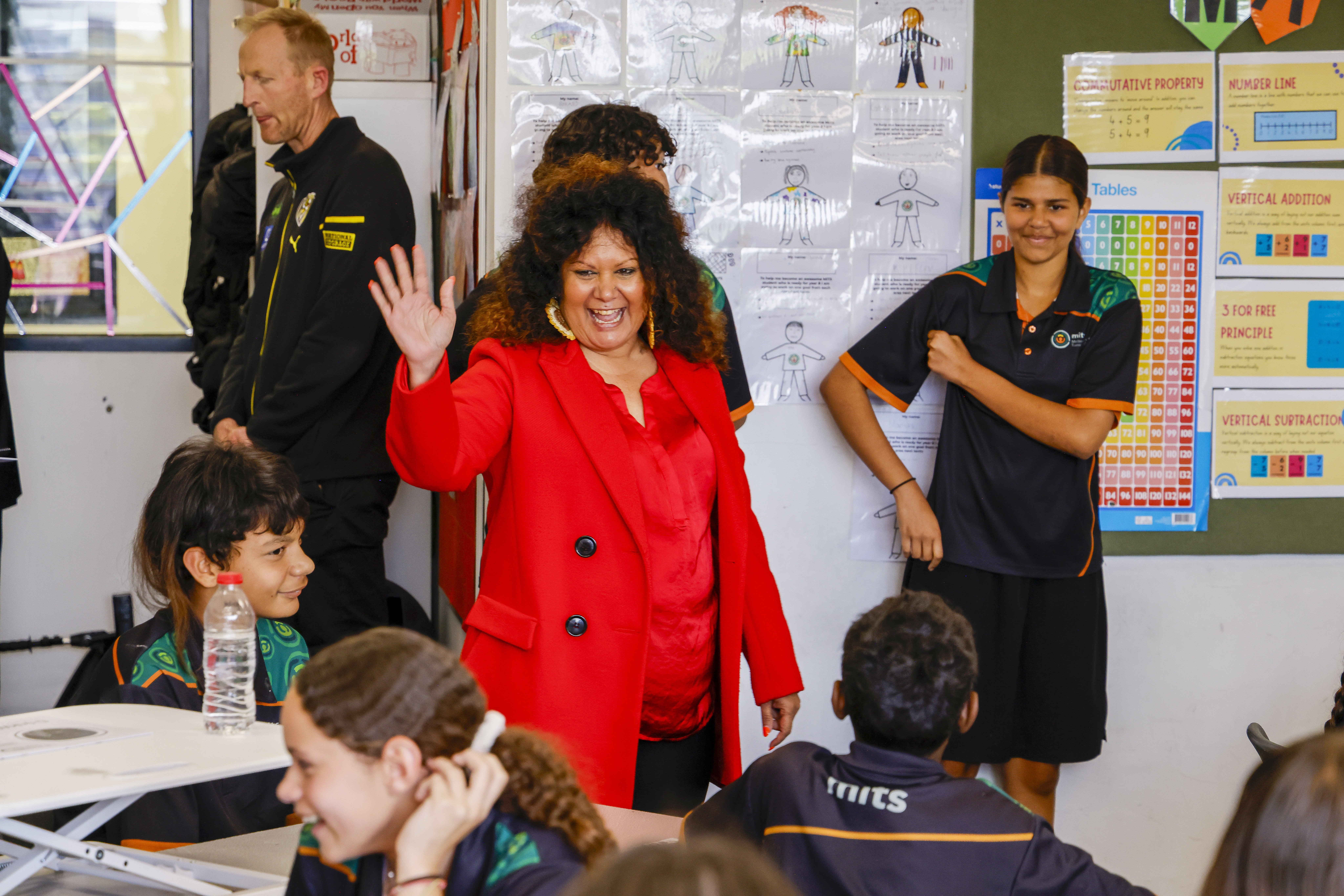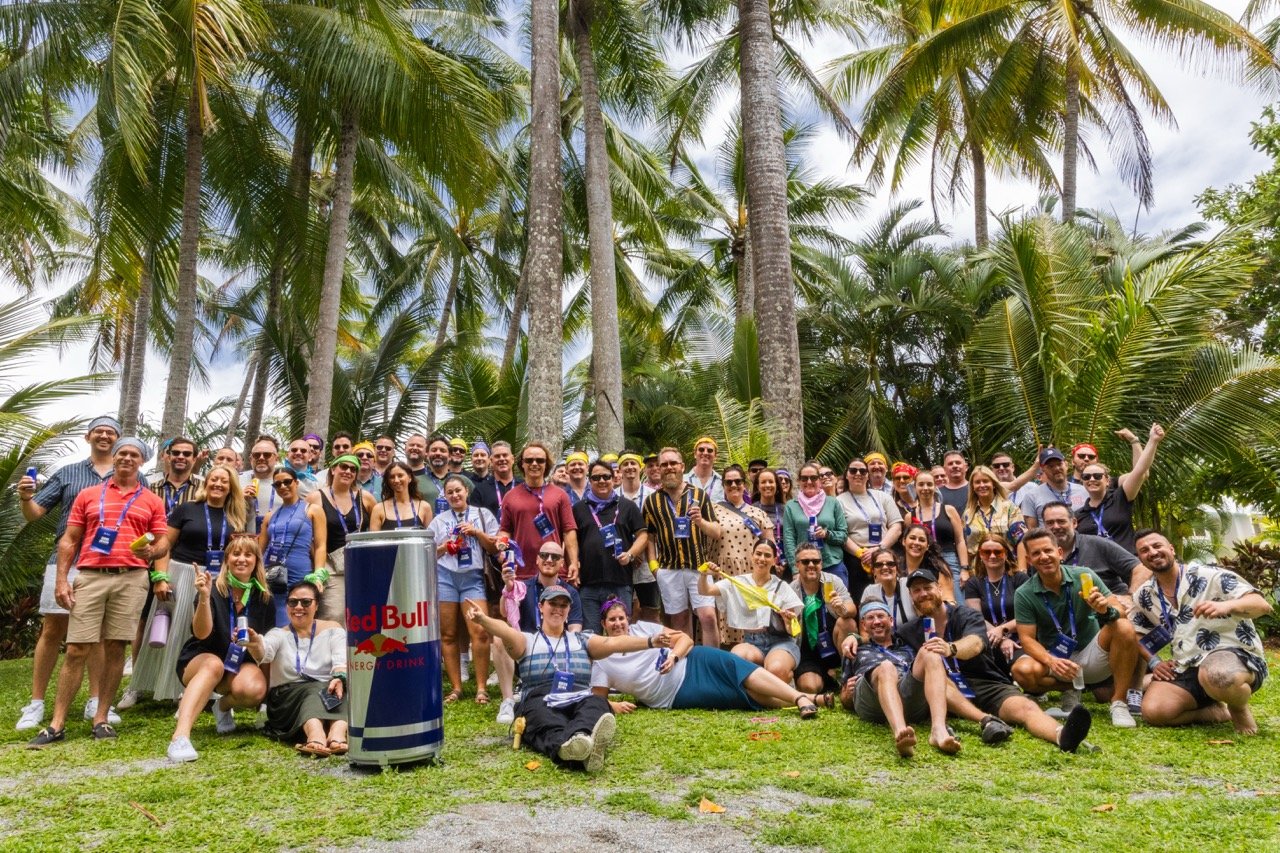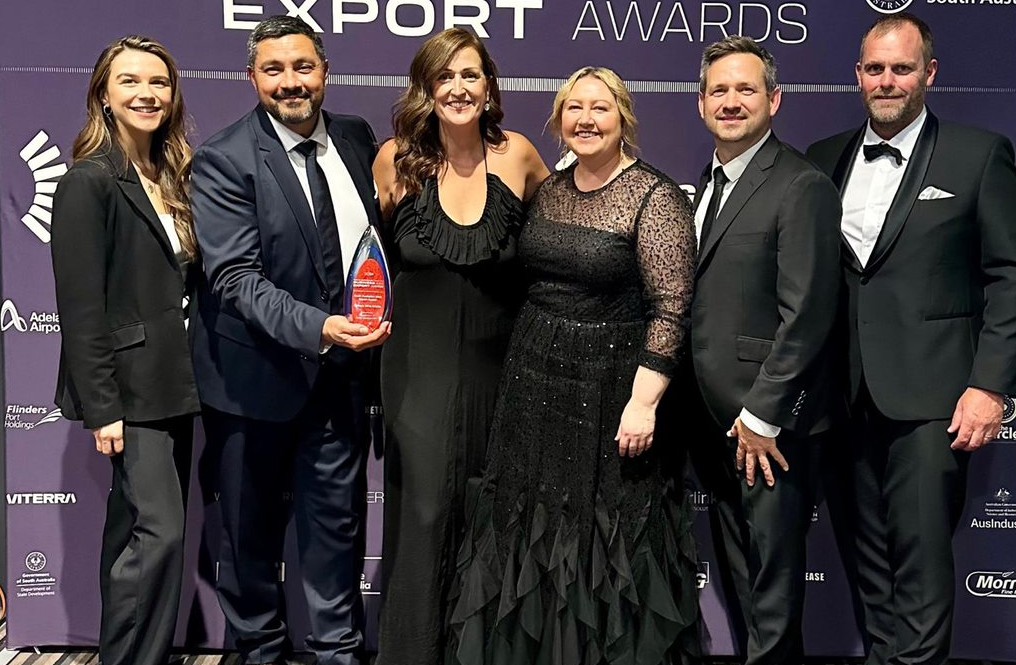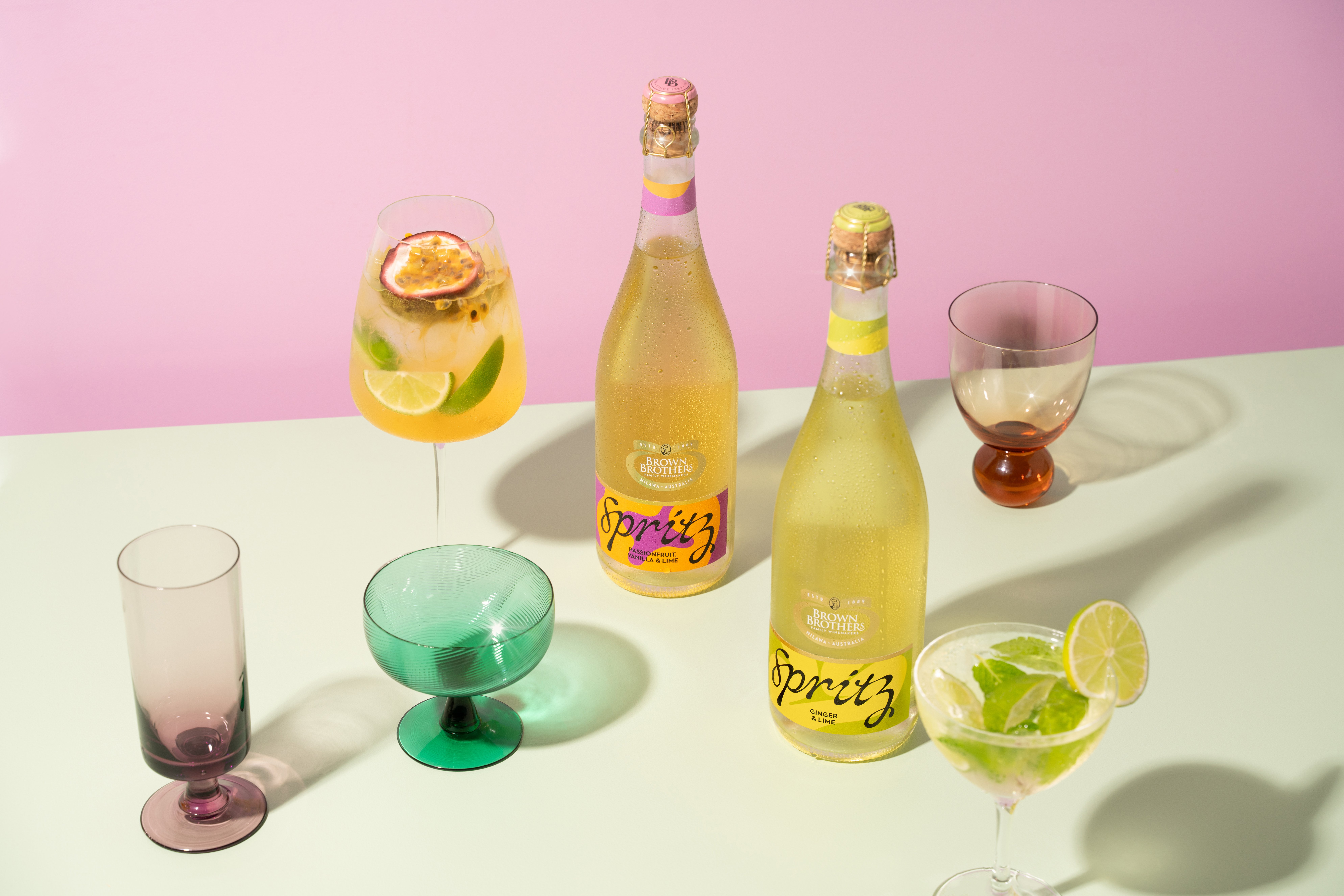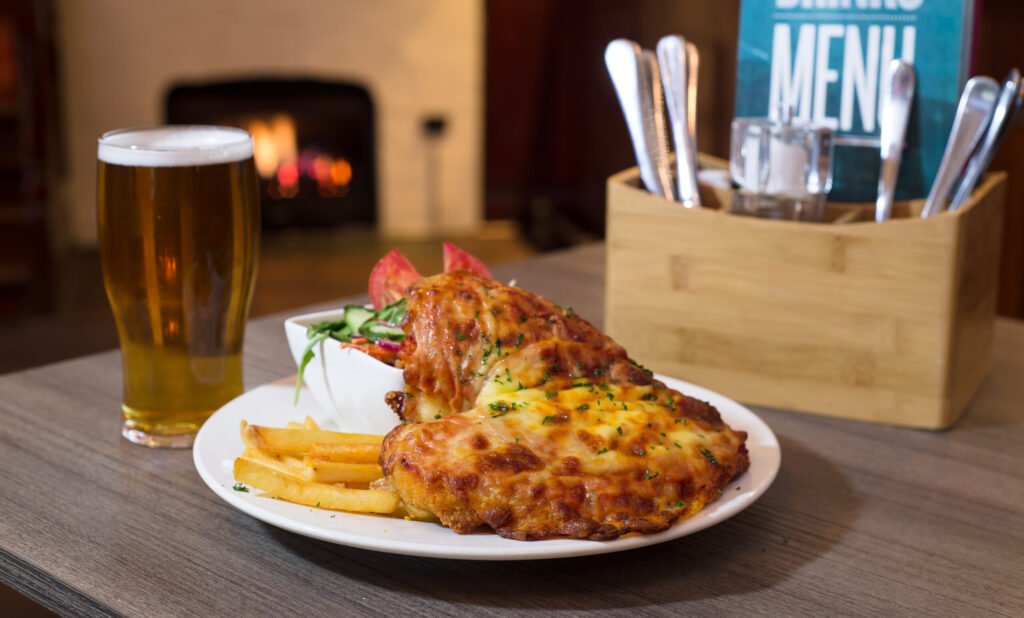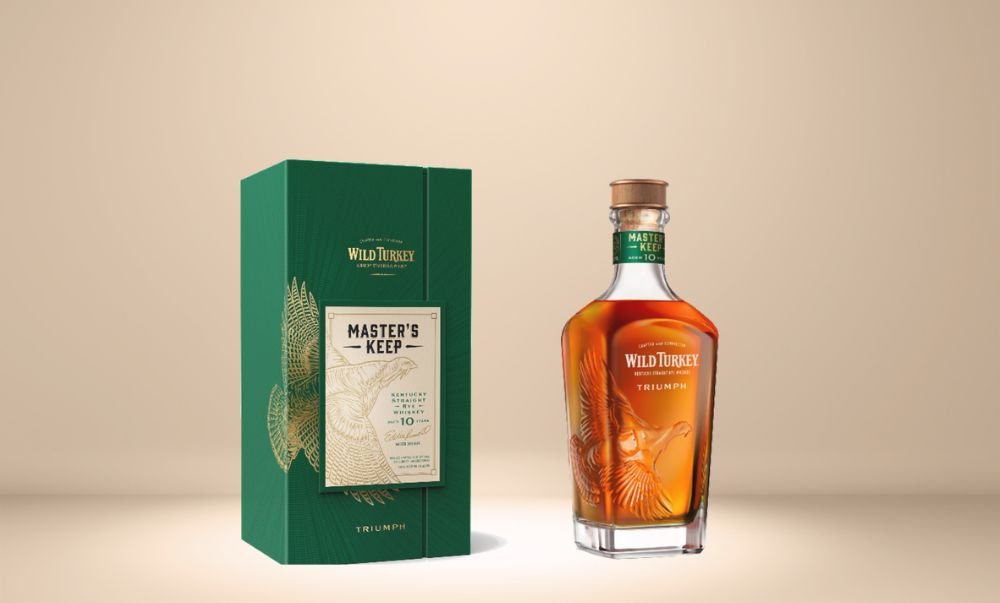Since the Australian Competition & Consumer Commission (ACCC) published its decision on the nature of beer tap contracts by the bigger brewers last year, it’s all gone quiet. Eerily quiet. So what are people thinking? Is there still an argument for anti-competitive behaviour or is it just fair game now? Here's what Fiona McLay, a Special Counsel with the law firm Harris Freidman, had to say to Drinks Trade.
The gathering storm of competitive rivals in craft beer has clearly spooked major brewers into believing that big brand devotion by Australian drinkers is on its way out.
It’s a situation driving a turbulent marketplace where buyouts and competitive contracts are thrown around to prop-up revenue models for major brands whose sales are going backwards, because of – according to a lot of commentary – bearded hipsters. Call it what you want, the fact is that craft beers continue to eat away at major brewer’s market dominance with growth rates around 20% each year.
It’s a change that’s just another facet of a movement that rejects corporate style mass production over smaller bespoke alternatives. Within this evolution of consumer habits, ideas about health and environmental sustainability predominate throughout branding that bolsters a sense of individuality in the mind of the consumer, which is more than a little ironic given all of the invective about people covering their faces with beards.
Competition is fierce, all the same, in takeovers and buyouts, and, more recently, over questions about exclusive arrangements in the allocation of taps in bars.
Eventually, the ACCC was stirred to action, launching an inquiry that took three years to finalise, and which, the statutory authority will not make available to public scrutiny. This is a shame, because scrutiny might allow a proper evaluation of the ACCC’s methodology, and, with due respect to the higher standards of proof required by the courts, sharing the information can only help to inform public debate on the all-important question of market power and the potential for its misuse.
Of course, the ACCC has a reasonable track record safeguarding consumer interests in the fragmenting beer market. In 2014, it acted as a statutory authority defending consumer interests when it fined Carlton & United Breweries (CUB) for misrepresenting Byron Bay Pale Lager as a tipple brewed by a small brewery in Byron Bay when it was actually brewed over 600 kilometres away. The $20,000 fine levelled at CUB, which is now owned by Anheuser-Busch InBev (ABInBev) with estimated annual sales of $55 billion, will go some way towards providing a warning shot that is really of little to no consequence.
In truth, bigger interests have been gobbling up craft beer operations for years now, whenever it looks as though anything close to a significant threat is emerging. Last year, ABInBev bought Adelaide craft brewers Pirate Life and Sydney’s 4 Pines Brewing Company. Coca-Cola Amatil purchased Feral Brewing in Western Australia. Asahi bought Mountain Goat and Lion took over White Rabbit, Byron Bay Brewing and Little Creatures. All the way back to 2012, Woolworths secured exclusive rights to sell Sail and Anchor, while Coles has also launched its own private label, Steamrail Ale.
From conflicts over containers, the battle has turned back to the allocation of taps. After allegations from craft brewers that major brewers were locking them out of beer taps in pubs, the ACCC’s investigation found last year that “Although some venues had exclusivity arrangements, most pubs and clubs said they did not feel constrained from allocating taps to smaller brewers and could make taps available for craft beer if necessary.” They looked at “contracts and practices at 36 venues across New South Wales and Victoria”, which they considered a reasonable enough sample size in a nation that has over 6000 hotels.
The ACCC looked at contracts from 33 small brewers and 140 from the larger brewers; none of which are available because the ACCC values a fair approach to commercial-inconfidence as they relate to the companies and business it investigates.
One contract for the supply of tap beer, the details of which were published by Choice Magazine in 2015, details arrangements between SABMiller (purchased by ABInBev in 2016) that grant “exclusive supply of all” Light Strength Draught Beer; Low Carbohydrate Draught Beers; Domestic Premium and Sub-Premium Draught Beers; Imported Draught Beers; Specialty & Craft Draught Beers; Draught Spirits & Cider, which amounts to a total lockout. According to the ACCC, its investigation found “some contracts included minimum volume requirements that could make it harder for craft brewers to gain access to taps in these venues,” but concluded that exclusive arrangements from bigger brands “in exchange for rebates, infrastructure investment, and refurbishment loans” were not a problem because “venues were responding to consumer demand for certain beer brands.”
Already, hotels around the country are allocating taps to craft beers at venues where it’s clear the clientele are less likely to use razors, but as far as the allocation of taps is concerned in other venues where major brewers have an interest and contractual arrangements, it’s up to the ACCC to come up with the evidence necessary to put the matter before a court.
And here the legal definitions really matter. Clearly, the ACCC won’t have to prove that major brewers have market dominance with around 85% of the market currently in their hands, what matters is the question of whether - or not - major brewers are “engaging in conduct for the purpose, effect or likely effect of substantially lessening competition.”
The ACCC has taken large corporations all the way to the High Court in the past for abuses in market power. Famously, the High Court overturned a successful appeal in the Full Federal Court in the ACCC’s favour when it pursued Boral for predatory pricing and misuse of market power. Since then, the ACCC has found it difficult to secure prosecutions for abuse of market power, and, while the statutory authority recognises “a significant growth in craft beer sales” during their investigation and vows to “continue to monitor for anti-competitive behaviour,” the battle for beer sales will continue.

A jam-packed new issue of Drinks Trade magazine is out now, featuring everything from legislation to the latest trends, hot topics, newest distributors and product recommendations.
On the cover is James Irvine, the 2017-18 BACARDI Legacy Global Cocktail Competition winner. Irvine is Group Beverage Director at Swillhouse Group. He shares how others behind the bar can progress their skills, even without access to direct training programs or competitions.
Don't miss features on Australia's best beer bars, the latest trends in coffee and apertifs and an exclusive interview with Swift & Moore. Not to mention Drinks Trade's annual Chardonnay Tasting Bench.
Take a look at the digital version of the magazine by clicking here.
Share the content
